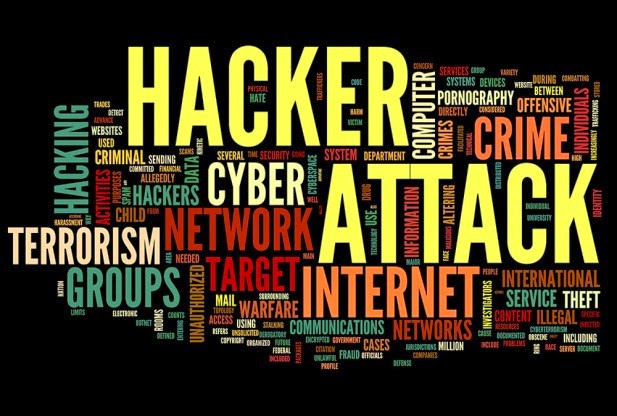In yet another major cyber attack, many companies across the globe went for a tailspin. It is not known if India is affected.

Major companies across the globe went into a tailspin after being struck by a major ransomware cyber-attack.
It is not immediately known if companies in India have been hit.
The incident was first reported by Ukrainian firms, including the state power distributor and Kiev’s main airport.
Others included the Ukrainian central bank, the aircraft manufacturer Antonov, and two postal services.
Russian oil producer Rosneft and Danish shipping company Maersk also say they face disruption, including its offices in the UK and Ireland.
Spanish media reported that the offices of large multinationals such as food giant Mondelez and legal firm DLA Piper have suffered attacks.
And French construction materials company St Gobain has said that it had fallen victim.

The attacks come two months after another global ransomware assault, known as Wannacry, which caused major problems for the UK’s National Health Service.
Experts say the malware is taking advantage of the same weaknesses used by the Wannacry attack last month.
“It appears to be a variant of a piece of ransomware that emerged last year,” computer scientist Prof Alan Woodward told the BBC.
“It was updated earlier in 2017 by the criminals when certain aspects were defeated. The ransomware was called Petya and the updated version Petrwrap.”
Andrei Barysevich, a spokesman for security firm Recorded Future, told the BBC that it had seen the malware for sale on many forums over the last 12 months.
“It only costs $28 (£22) on the forums,” he said. “But we are not sure if they used the latest version or a new variant of it.
Veteran security expert Chris Wysopal was quoted in the BBC as saying that the malware seemed to be spreading via some of the same Windows code loopholes exploited by Wannacry. Many firms did not patch those holes because Wannacry was tackled quickly.











































